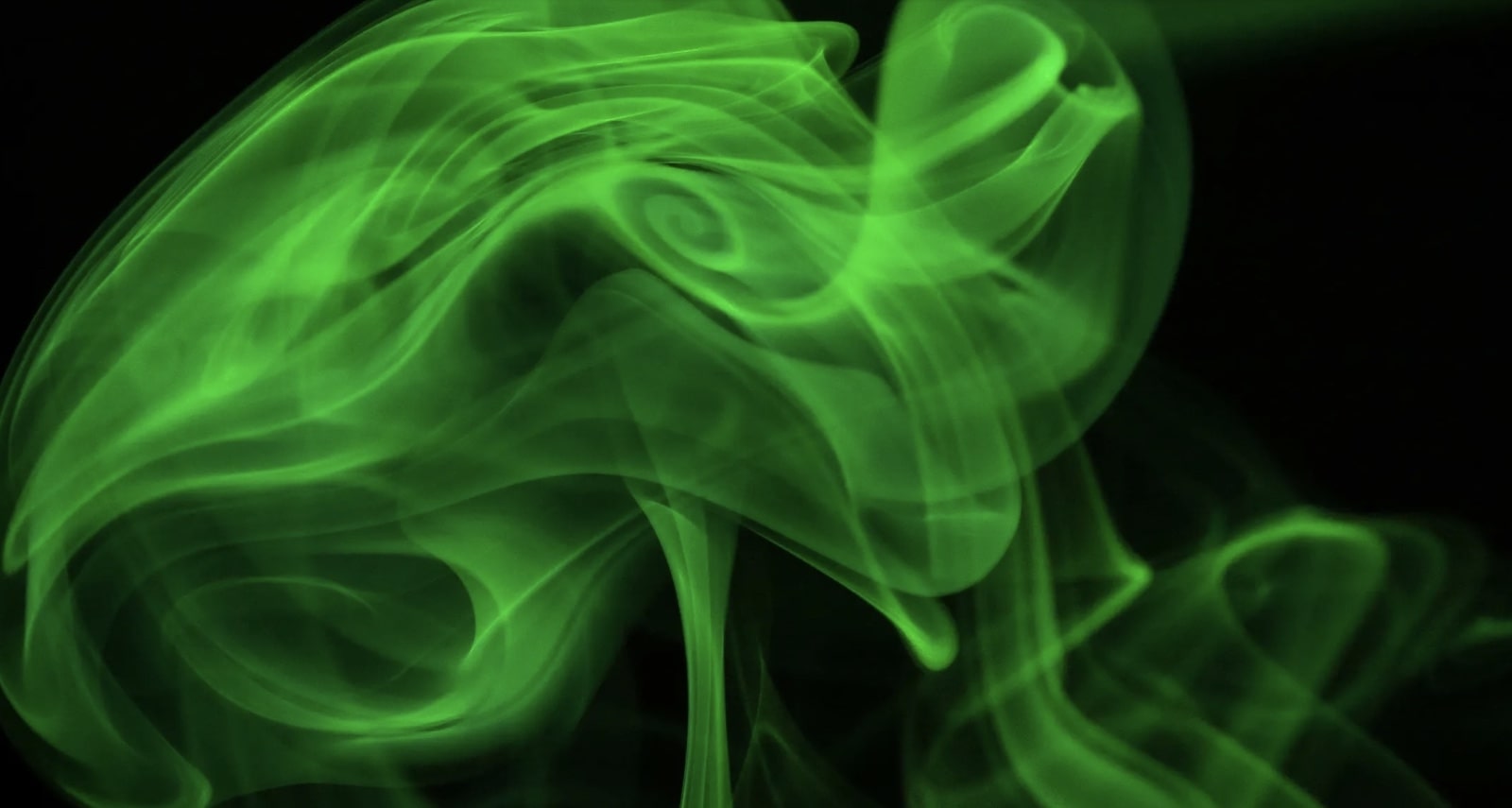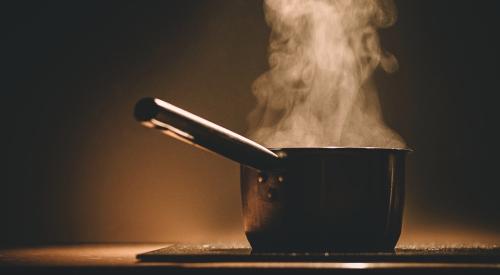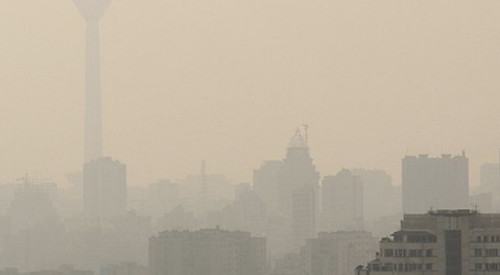Outdoor air quality has long been researched and regulated, but indoor air quality is a different matter altogether. Early findings from a new investigation suggest that indoor emissions may be more harmful than was previously known.
House Observations of Microbial and Environmental Chemistry, or homechem, is the first global, collaborative investigation into indoor air chemistry, and while thorough data analysis will take at least a few years, according to The New Yorker's reporting, preliminary findings are already offering possibilities in terms of what these emissions are doing to humans, despite the fact that such results were not the primary driver for the study.
But our noses can lead us astray, too. Vance pointed out that food smells most delicious when it is browning, in a process called the Maillard reaction, yet the compounds emitted as steaks sear and bread toasts include brown carbon (a form of particulate matter) and VOCs from incomplete combustion. “I used to think, Wow, this house smells so good—it smells like Thanksgiving,” student volunteer Caleb Arata said. But, this past November, he told me, as he prepared his third turkey dinner of the year, he thought instead, “This house smells so good—I wonder what I’m inhaling?”











